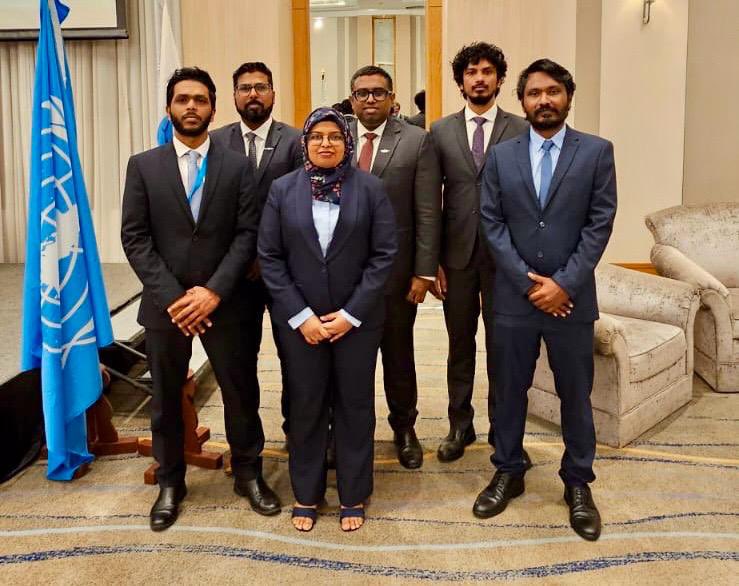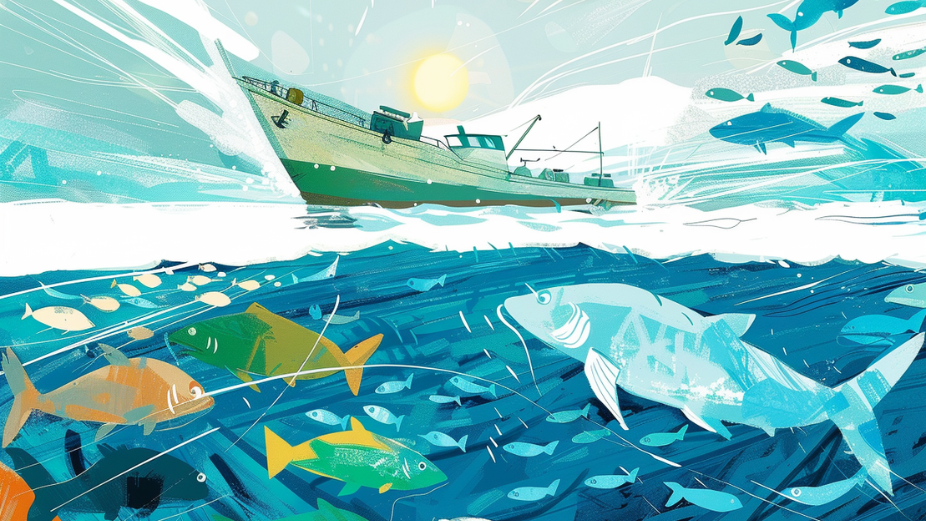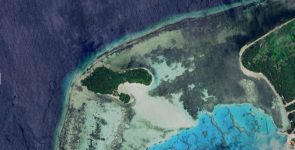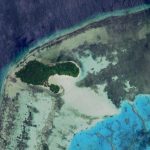The 28th session of the Indian Ocean Tuna Commission (IOTC) concluded successfully yesterday with the adoption of 16 pivotal proposals. The Maldives, playing a significant role in these developments, expressed satisfaction over the progress made, particularly after years of intense negotiations and setbacks.
Adoption of Drifting FAD Management Measure
One of the landmark achievements of this session was the adoption of a drifting Fish Aggregating Device (dFAD) management measure, a move strongly advocated by the Maldives. This measure, which has faced numerous challenges over the years, aims to regulate the use of dFADs deployed by purse fishing vessels operating in the Indian Ocean. Key components of this measure include the establishment of a dFAD register, a dFAD monitoring system, stricter limits on the number of dFADs, and a reduction in the number of supply vessels. The Maldives acknowledged the dedicated efforts of delegations from South Africa, Indonesia, the Republic of Korea, the European Union, Pakistan, Mauritius, and Seychelles, whose cooperation was crucial in adopting this measure during the final moments of the Commission.

Management Procedures for Skipjack Tuna and Swordfish
Another significant outcome from the 28th session was the adoption of Management Procedures (MP) for skipjack tuna and swordfish. The European Union and the Maldives co-sponsored the skipjack management measure, which is the result of years of collaborative efforts between scientists and managers within the IOTC. The swordfish management procedure, notable for being the first of its kind globally, represents the first non-tuna MP ever adopted by a regional fisheries management organisation. This milestone underscores the commitment of the IOTC to sustainable fishing practices and the conservation of marine species.
Proposal on Climate Change
In a bid to address the impacts of climate change on fisheries, the Republic of Korea and the Maldives led a proposal that strengthens the current measure. This proposal introduces a standing agenda item on climate change in relation to IOTC fisheries in the Scientific Committee meetings. The measure aims to guide the incorporation of climate change impacts on the functioning of the IOTC, ensuring that the organisation’s policies and practices remain resilient and adaptive to environmental changes.
Conservation of Sharks Proposal
Despite these successes, the Maldives expressed disappointment over withdrawing a proposal on shark conservation co-sponsored with Pakistan. The proposal aimed to mandate the landing of all sharks with their fins naturally attached and prohibit shark lines’ use. Unfortunately, the Commission could not reach a compromise on this critical issue, leading to the proposal’s withdrawal.
Looking Ahead
The 28th session of the IOTC marked significant strides in fisheries management, with the Maldives at the forefront of these efforts. While there were notable successes, such as the dFAD management measure and the adoption of management procedures for skipjack tuna and swordfish, the withdrawal of the shark conservation proposal highlights ongoing challenges. The Maldives remains committed to advocating for sustainable and responsible fishing practices in the Indian Ocean, reflecting its leadership and dedication to marine conservation.




















